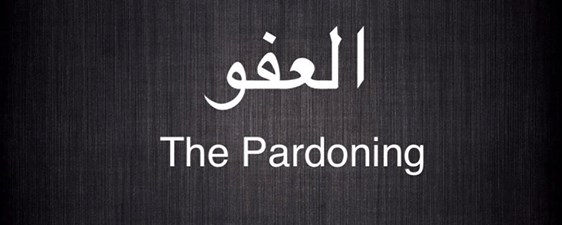Assalam o Alaikum, dear readers.
So Alhumdulilah we are doing quite well with our series. In shaa Allah, we intend to start a few more series. The books used currently are the following.
Basic Books:
- Noble Qur’an
- Translation of the Noble Qur’an (Dr Muhammad Muhsin Khan+Dr Muhammad Taqi-ud-Din Al-Hilali)
- Sahih Bukhari
- Tafsir ibn Kathir
99 Names of Allah:
- Who is Allah? (Umm Abdurrahman Sakina Hirschfelder)
Notable Women In Islam:
- Tafsir Ibn Kathir (in case of Sayyidana Maryam bint Imran)
- Women Around The Messenger (Muhammad Ali Qutb)
- Companions of the Prophet (Abdul Wahid Hamid)
- Heroes of Islam
The Prophet’s Companions:
- Companions of the Prophet (Abdul Wahid Hamid)
- Heroes of Islam
- Men Around The Messenger (Khalid Muhammad Khalid)
Surah Summaries:
Facebook + Twitter:
- The Biography of Abu Bakr As-Siddeeq (Dr Ali Muhammad Muhammad As-Sallaabee)
- You Can Be The Happiest Woman In The World (Dr ‘A’id al-Qarni)
- Brief descriptions, reflections etc derived from the above mentioned books
That’s it for now. :)
Future Series:
So Alhumdulilah, currently we are using the above mentioned books. We do intend to start series on the details of the Hereafter, and the life of the Prophet, and some more basic things like the etiquettes of Wudhu and Salah. We try to mix it up a little, since Islam is so vast in knowledge that you are benefited wherever you are.
Reasons, reasons, and admin babbling:
The reason why I am giving the names of this books is not only because of reference but also because the fact that if there is anyone out there who loves books like I do and wish to know more, this is a good place to start.
And my reason to actually read these books, brief them, and then compile them into this blog is to let those people enjoy getting knowledge who are either too busy or a little tight in the pockets to get them… or for any other reason.
Please forgive us our mistakes and our delays. :)
What mistakes occur is entirely our own and whatever truth there is, it is from Allah.
Alhumdulilah hir-Rabbul Alamin.
Assalam o Alaikum.
Join us on Facebook!
Follow us on Twitter!





